Classic Movie Review: The Film Foundation Presents 'Sambizanga'
The first film directed by a woman in Africa is the latest presentation from Martin Scorsese and The Film Foundation
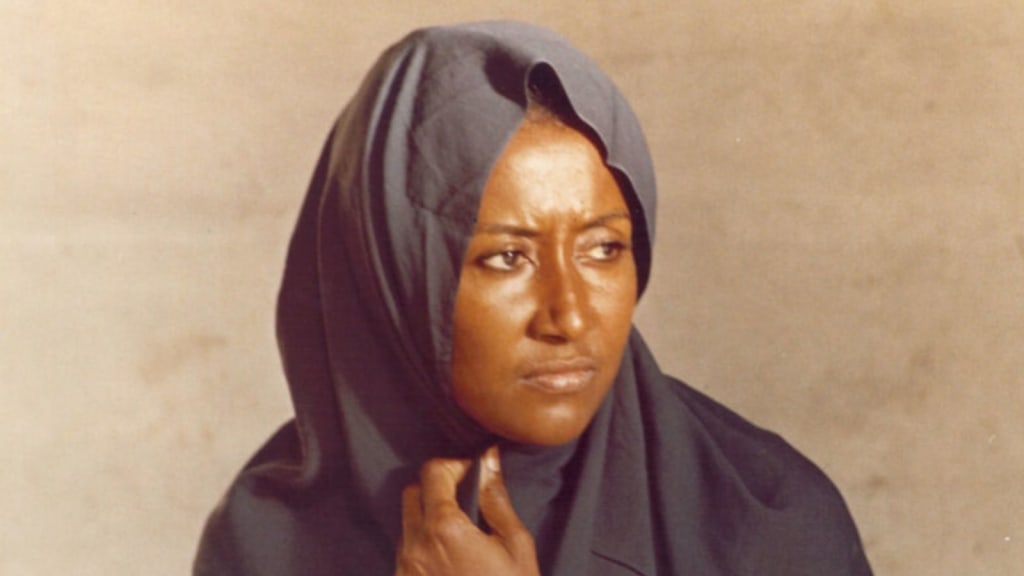
Sambizanga (1972)
Directed by Sarah Maldoror
Written by Sarah Maldoror, Maria Coelho Pinto de Andrade
Starring Domingos Oliveira, Elisa Andrade
Release Date Unreleased 1972
Coming Soon from the Criterion Collection Martin Scorsese's World Cinema Project
Martin Scorsese is working to build the film education anyone willing to watch along. With his work with The Film Foundation, Scorsese has started an incredible online film club where every month a work of historic film significance is made available for free for a single day for fans to watch together online. There is no cost to watch these incredible movies curated by and with an introduction by Martin Scorsese. Fans can interact via an online chat or can simply watch the film for via the partnership of Scorsese, The Film Foundation and Delphi.
This has been going on since the early part of 2022 and has brought about the opportunity for film lovers to watch remarkable works such as the 1945 Powell and Pressburger feature, I Know Where I'm Going, Federico Fellini's 1954 masterpiece La Strada, the 1979 Indian feature film Kumatty and most recently a fully restored and rediscovered cut of Sarah Maldoror's lost African classic, Sambizanga. Lost to time over rights issues, a cut of the film was found moldering and fading in a French warehouse several years ago. Once it was out of the tangled web of distribution issues, the experts at the film foundation and Cineteca De Bologna, took up the painstaking work of restoring the print so that it could be presented to the world again.
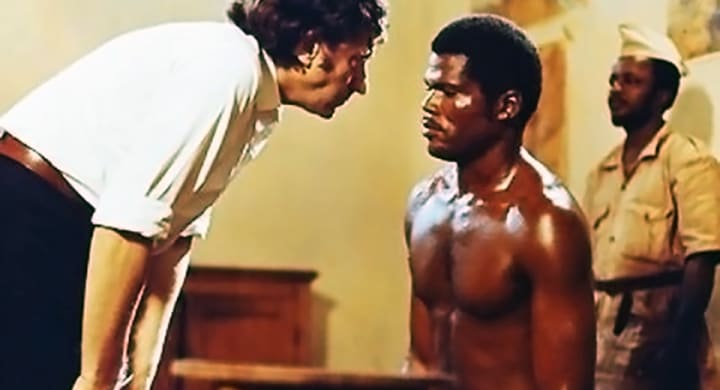
Sadly, it was completed following the death of director Sarah Maldoror in 2020. She was 90 years. Nevertheless, her work lives on as the first movie directed by a woman on African soil. It's also a powerful portrait of the fortitude, bravery, and willfulness of a woman facing an uphill, almost impossible struggle against oppression. Not only does the main character of Sambizanga walk for days to go from her village to the capital, where her captured husband is being held, she does so carrying a months old baby on her back.
Setting the scene, the first image in Sambizanga is that of a roiling river next to a construction site. Not to be overly poetic or flowery but the image of this river is powerful as it evokes the theme of Sambizanga, the idea that freedom from oppression is like the raging uncontainable rapids of a river, you can slow it down, redirect it or try to stop it from raging but the water of freedom finds a way eventually. In the case of Sambizanga it is Angola's freedom from the oppression of Portuguese invaders who use fearful and violent tactics to keep their ever loosening grip on the people of Angola.

As depicted in Sambizanga, Domingos Xavier, the husband of Maria and father of her newborn son, is also secretly a revolutionary. By spreading the message of freedom in small notes from one village to the next, Domingos hopes to help the cause that is working toward revolution in the big cities of Angola, especially in Luanda, where Portuguese invaders hold and torture political prisoners in hope of stamping out any potential uprising. As depicted in Sambizanga however, the hardline tactics of the Portuguese are exactly the fuel that fires the revolution.
Sambizanga opens and closes on a very specific image, that of a raging river. As I mentioned before, this is a very intentional image. Revolution is a powerful and unstoppable force. That said, the course of revolution in Angola was ever more rocky and remained in progress even as Sarah Maldoror was chronicling the beginning embers of the flames of war that would eventually end Portugal's reign of terror in Angola but would also end up tearing the country apart in a multi-decade civil war over control of the government that didn't end until numerous atrocities were committed. Angola remained in conflict until 2002.
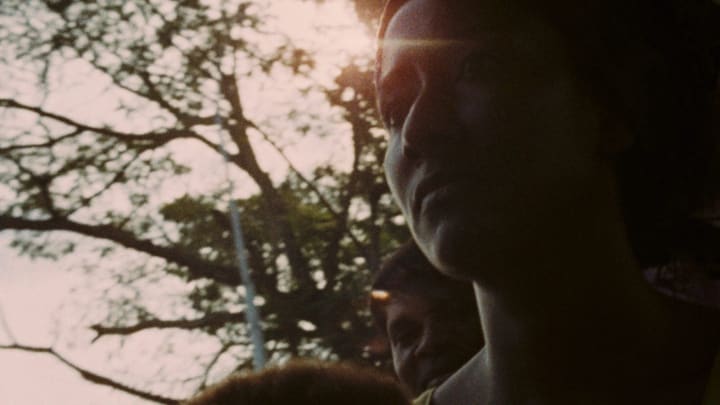
This fact does not take away from the historic and extraordinary quality of Sambizanga. Taken as the effort of a filmmaker breaking down barriers and fomenting further calls for liberation, freedom from the oppression of hardline rule and endless bloodshed and suffering, Sambizanga is a work of remarkable power. Emotional, visceral, and absorbing, Sambizanga deserves a place in world film history not merely for being the first feature film directed by a woman on the continent of Africa, but as a work of art that captured brilliantly the essence of why hardline rulers always fail.
Torture doesn't work. Murder and torture only create martyrs and affirm the efforts of those seeking vengeance. That's common sense really, or it should be. It's a small part of what Sambizanga is really about. It's part of a larger message about war and struggle and strife as well as love, dedication and sorrow. Sarah Moldoror packs a real wallop into Sambizanga on many different levels. This is a clear eyed, thorough and thoughtful story that encompasses the start of a revolution and the human cost of the fight against oppression.
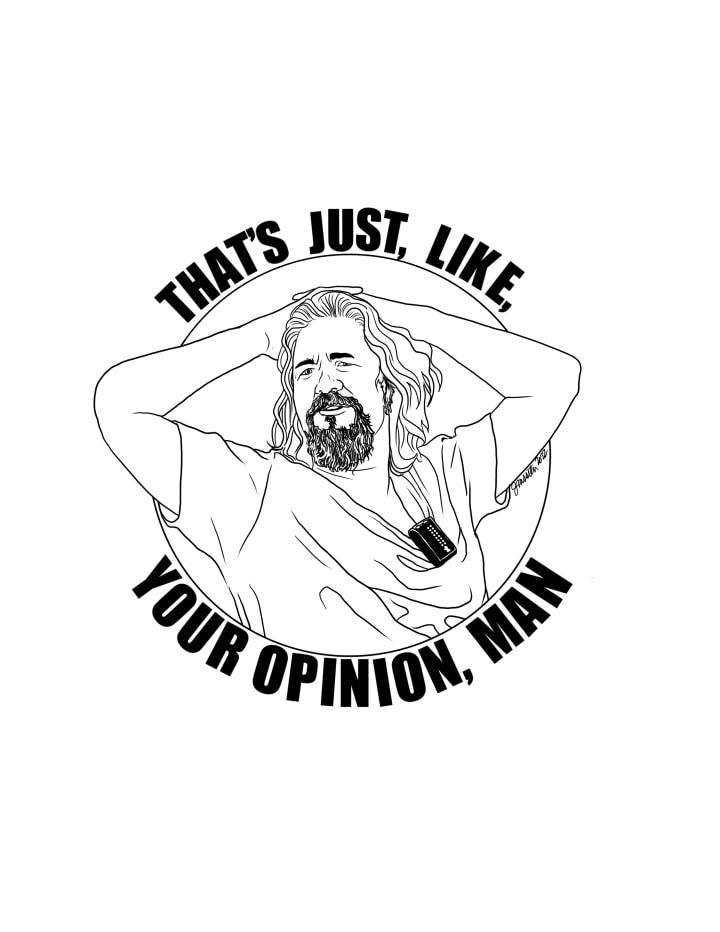
Next month, Martin Scorsese and The Film Foundation will present a screening of the 1961 Marlon Brando directed drama, One Eyed Jacks, fully restored and shown for free online. Go to Film-Foundation.org and register for this and all Film Foundation restoration streaming presentations. Each month's movies are presented for free with an introduction by Martin Scorsese himself among other special online presentations to accompany each month's movie.
Find my archive of more than 20 years and nearly 2000 movie reviews at SeanattheMovies.blogspot.com. Follow me on Twitter for all my new movie reviews at PodcastSean and follow the archive blog at SeanattheMovies. Listen to me talk about movies on the Everyone's a Critic Movie Review Podcast. If you've enjoyed what you have read you can subscribe to my writing her on Vocal. If you'd like to support my writing you can make a monthly pledge or leave a one time tip here on Vocal.
About the Creator
Sean Patrick
Hello, my name is Sean Patrick He/Him, and I am a film critic and podcast host for the I Hate Critics Movie Review Podcast I am a voting member of the Critics Choice Association, the group behind the annual Critics Choice Awards.



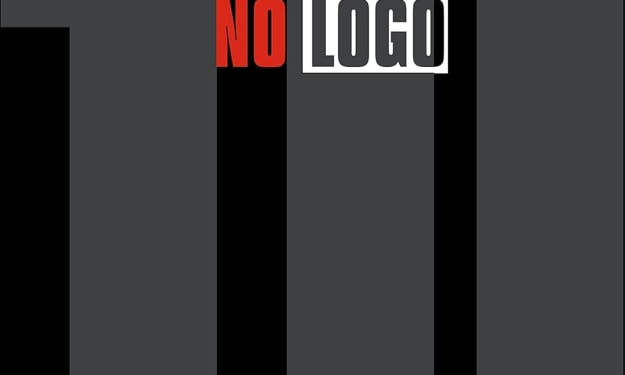


Comments
There are no comments for this story
Be the first to respond and start the conversation.